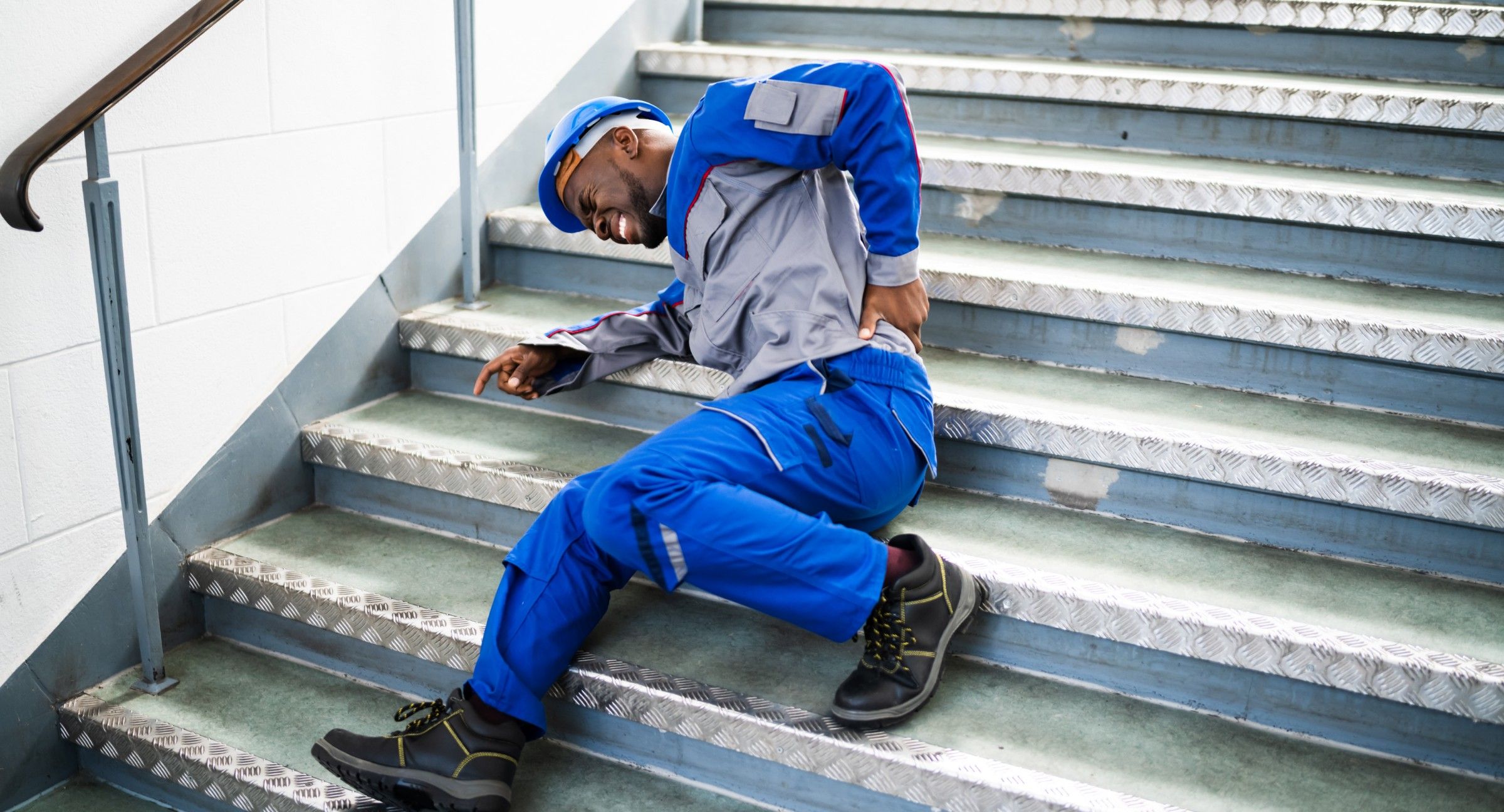What Qualifies as a Slip and Fall Personal Injury Case?

- Personal Injury

Slip and fall cases (also called a trip and fall) are a common type of personal injury case. In the most basic sense, all that’s required is a hazardous condition, a person walking, and an injury, and it doesn’t take much for those three things to come together. While many people associate slip and fall cases with scammers and frivolous claims—for example, “Slipping” Jimmy McGill from the TV show Better Call Saul—in reality, they are no joke. People suffer torn tendons, broken bones, and even traumatic brain injury. In Colorado, there is a statutory premises liability scheme that replaces common law negligence.
What is Premises Liability?
Premises liability is a statutory remedy that holds the property owner responsible for a personal injury to others occurring on their property due to a dangerous condition. It allows the victim to claim financial compensation for their injury.
Additionally, if you lose a loved one due to a dangerous condition on someone’s property, you might be able to bring a wrongful death claim against the property owner. Our attorneys can help you assess whether you have such a claim.
Duty of Care
A duty of care means that the owner had a responsibility to the plaintiff to keep the property safe and free from hazardous conditions or to warn them if such a hazard existed. For example, a homeowner has a duty of care to their guests, and a business has a duty of care to its customers. Usually, this is not a major issue in slip-and-fall cases, but it sometimes comes up. For example, suppose a supermarket customer wanders past a door marked “employees only” into the warehouse. In that case, the supermarket will argue that the customer had no right to be there and, therefore, they were owed no duty of care.
Breach of Duty
In a slip-and-fall case, a property owner breaches their duty of care by failing to provide safe conditions to their guests. This is usually the heart of the case and comes down to two questions: Did a hazard exist, and did the owner know about it?
Proving the existence of the hazard is usually pretty straightforward. Common hazards include slippery floors, icy sidewalks, broken stairs, and poor lighting. Witnesses, video recordings, etc., can prove that these conditions were present. In some cases, a warning about the danger—e.g., a “wet floor” sign—may provide reasonable protection against the danger, but not always. If a staircase has a broken step, for example, placing a warning sign may not be enough; the owner needs to fix the step or close off the stairs.
Demonstrating that the owner knew about the hazard can be a little trickier, but it is crucial because the whole case comes down to their failure to do anything about it. However, proving that the owner actually knew about it is unnecessary if you can show that they should have known about it. This often is a question of how long the dangerous condition existed. For example, if a customer spills water on the floor of a supermarket and someone else slips on it a few seconds later, the supermarket is probably not at fault. Still, if the water had been there for half an hour, an employee should have noticed it and done something about it.
Causation
Causation simply means that the defendant’s actions caused the plaintiff’s injuries. In a slip-and-fall case, this is usually pretty clear. The floor was slippery or uneven, the plaintiff fell, and they were injured in the fall.
Damages
A plaintiff in a slip and fall case must have suffered some injury that can be redressed. Again, this is usually pretty clear. If a person slips on a wet floor but is not injured, they have no claim for damages, even though the owner’s negligence caused them to fall. On the other hand, if they fall and break their hip or tear a ligament in their knee, it is fair to seek compensation for medical bills, missed time at work, and other damages.
Talk to an Attorney About Your Case
If you’ve fallen and been injured on someone else’s property and think it might have been their fault, the best course of action is to speak with an attorney. Meet with one of our experienced personal injury lawyers. We will evaluate your case and devise a course of action to get you fair compensation for your injuries. Contact our office today to schedule an appointment.
